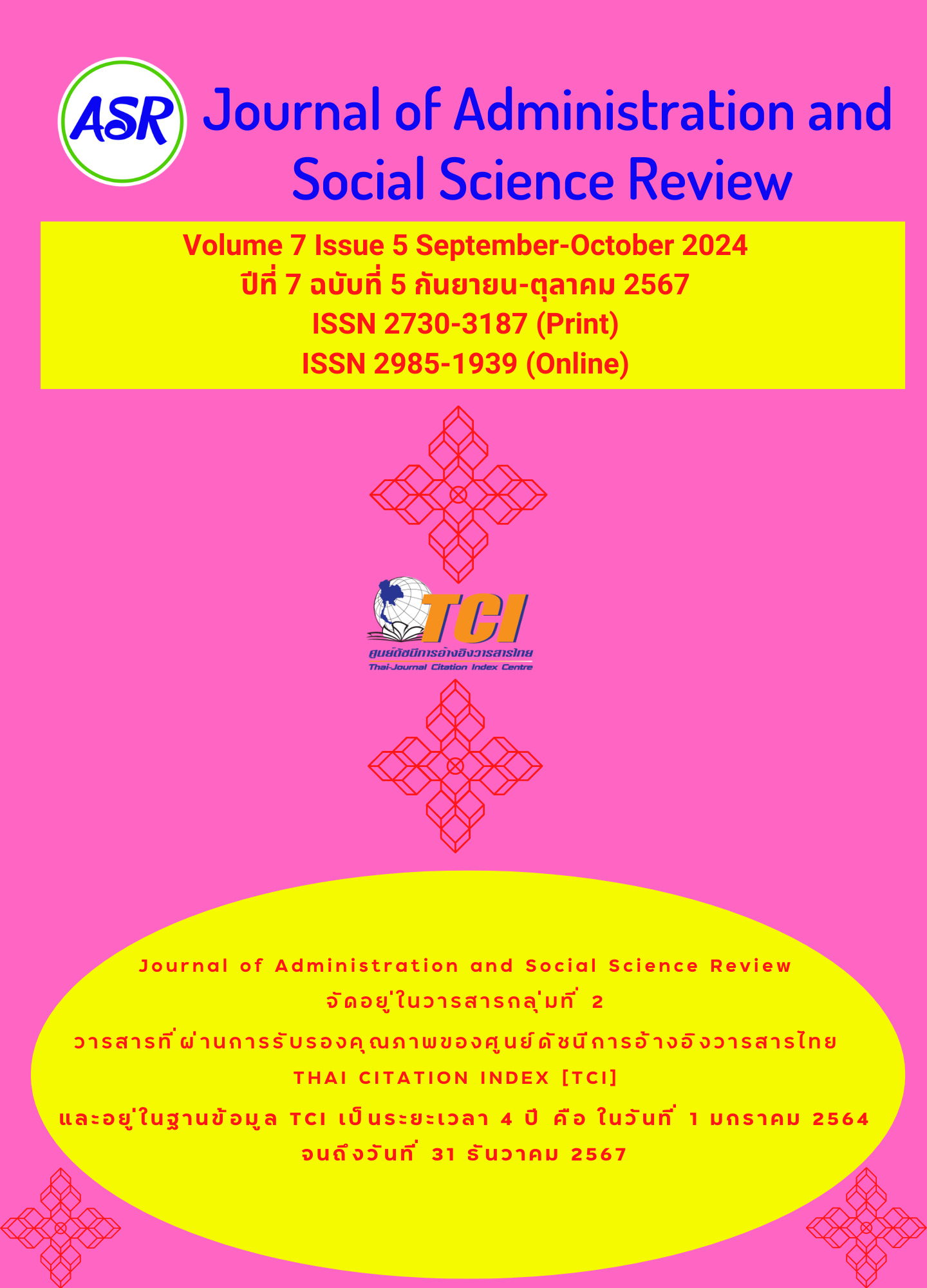Academic Administration Guidelines for the Early Childhood Level at Schools in Nakonthai District under Phitsanulok Primary Education Area Office 3
Keywords:
guidelines, academic administration, early childhood levelAbstract
The objectives of this study were: to study the realistic and expected conditions, and to develop the guidelines for the early childhood academic administration at the schools in Nakhon Thai district, Phitsanulok Primary Education Service Area Office 3. It was mixed methods research. The total population was 132 people. There were 9 informants in the interviews. The research tools were questionnaires and interviews. The statistical instruments used for data analyses were percentage, mean, standard deviation, and content analysis.
The results showed that the expected condition was the highest and followed by the realistic condition. The priority needs of the early childhood academic administration, arranged from the highest to lowest, included the school curriculum development research for the development of the quality of education, development of innovative media technology for the early childhood education, organizing of learning experiences, educational supervision, as well as measurement and evaluation. Guidelines for the early childhood academic management had 6 aspects: curriculum development of educational institutions meetings to understand the early childhood curriculum and develop the curriculum of educational institutions; organizing of learning experiences to study and integrate the school curriculum; development of innovative technology media to explore, plan, and set a budget to provide media in the annual action plan; educational supervision to appoint a supervision working group and then take the results to the learning exchange to suggest guidelines for teachers; measurement and evaluation systematic monitoring and evaluation of children's development; and research for the education quality improvement policy formulation and establishment of mutual agreement.



